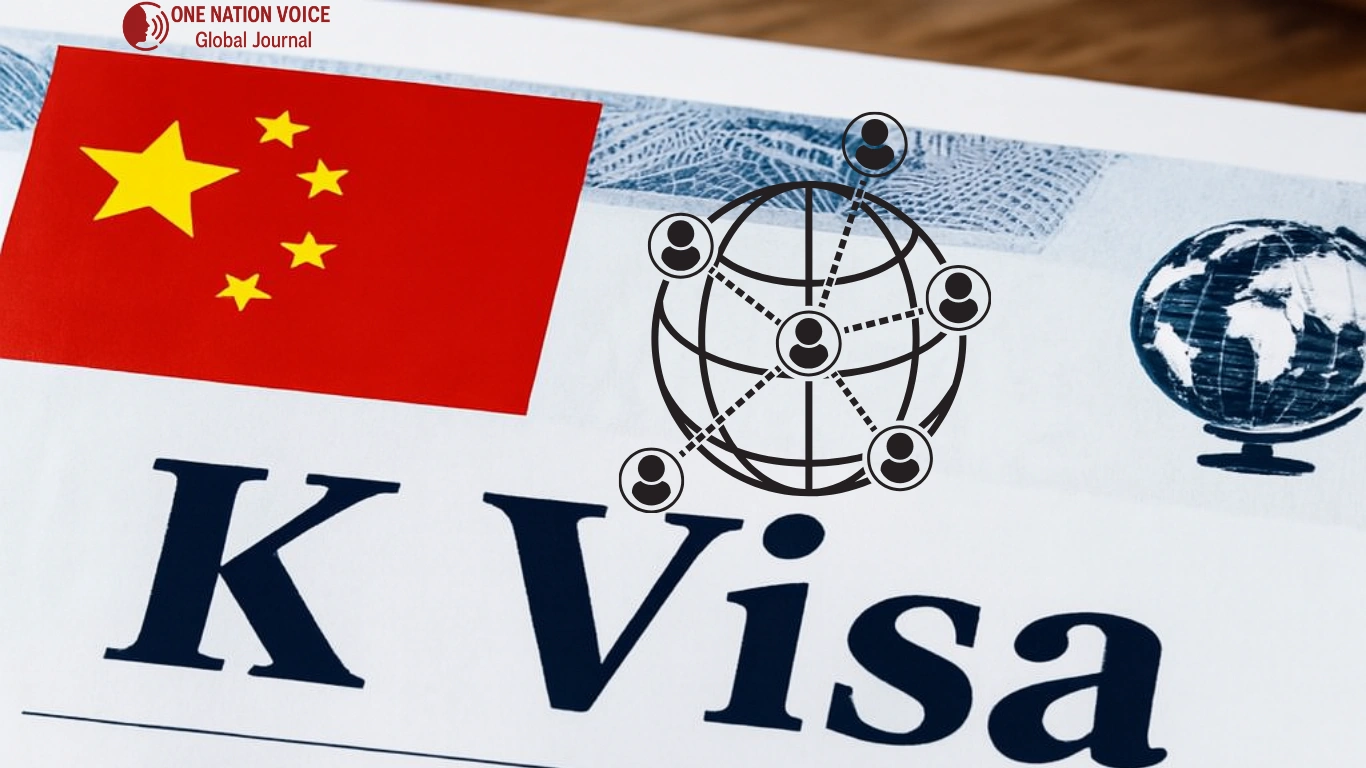China launches visa to attract foreign tech talent

China launches visa to attract foreign tech talent China just rolled out a new visa designed specifically to draw in young science and tech professionals from abroad. They’re calling it the K visa, and it officially kicks in this October. The idea is pretty straightforward that make it easier for foreign talent to come work, study, or even start businesses in China’s growing tech ecosystem.
China Launches visa
What makes it interesting is the flexibility. Unlike a lot of work visas around the world, this one doesn’t require you to have a job offer lined up before you apply. That’s a big shift. You can come in with just your degree and relevant background, and then figure out where you fit whether that’s research, teaching, launching a startup, or working with local companies. From what’s been reported, it’ll be valid for longer stays and multiple entries too, which is more practical if you are not ready to commit to one path.
Why now? Well, timing matters. The US recently raised the cost of applying for an H-1B visa to an eye-popping $100,000, which has frustrated both employers and foreign workers. Against that backdrop, China’s saying that if you are a young STEM graduate and you’re feeling locked out of other places, consider coming here instead. It’s a clever way to take advantage of the moment.
China has been trying for years to bring in more global talent programs like the “Thousand Talents Plan” were aimed at luring senior academics and researchers. The K visa feels like the younger cousin of that strategy, focused more on up and comers who might not yet have tenured positions or long resumes but could still add value.
Also Read:UK Plans to Waive Visa Fees for Top Global Talent
Of course, there are some uncertainties. For one, “young” hasn’t been clearly defined yet. Is that under 35? Under 40? And while the door is open, living and working in China can come with its own challenges like language barriers, business culture differences, and in some cases concerns about how foreign researchers are treated when it comes to intellectual property or sensitive projects.
That said, for someone looking at their options globally, this is a notable development. It could bring fresh energy into Chinese universities, startups, and labs, while giving young professionals from abroad a shot at opportunities they might not get elsewhere right now.
It’s not a silver bullet that China still has to make sure these people feel welcomed and actually want to stay. But the K visa is a signal that the country is serious about competing for brains, not just capital or infrastructure.








